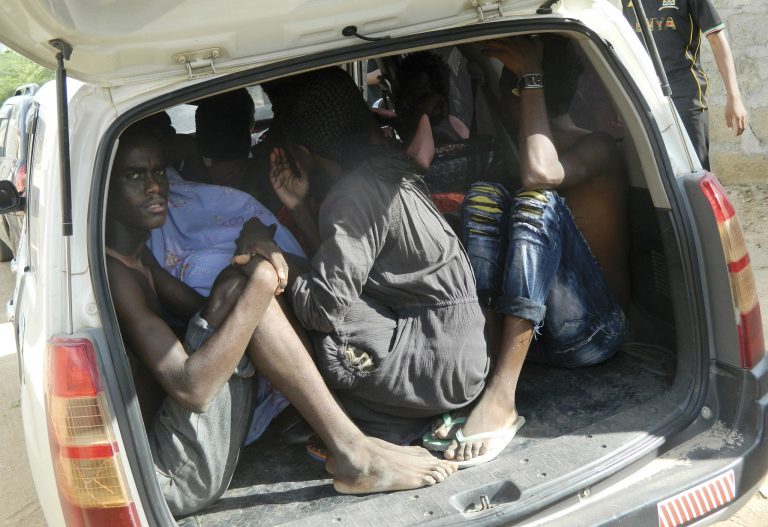
Yesterday’s murderous rampage through a northern Kenyan university, which left 147 students dead at the hands of a few gunmen, serves as yet another tragic reminder of the vulnerability of schools and institutions of higher education, which are increasingly becoming targets for violence or acts of terrorism.
Al-Shabab, an extremist Islamist group based in Somalia and affiliated with al-Qaeda, has claimed responsibility for the assault, in which gunmen appeared to target Christian students in a dawn attack on the Garissa University College.
The Global Coalition to Prevent Education from Attack (GCPEA) said the massacre represented an attempt to extinguish the transmission of “Western” values, wrote Chris Havergal in the Times Higher Education.
The GCPEA, which includes UNESCO as well as other agencies and nonprofit organizations, described the “horrific” assault as the latest example of universities being “deliberately targeted for attack as a tactic of war.”
“Institutions of higher education are particularly targeted…because universities and their staff often represent state institutions and state employees,” said GCPEA director Diya Nijhowne. “They are soft, easy targets for anti-government forces. By attacking schools and universities, fighters also strike at the heart of the community, and can cause it to lose confidence in the government’s ability to keep it safe.”
“Universities are also the sites of discussion and debate and the transmission of values that groups may oppose or consider ‘Western,’ which is clearly the case with the attack in Garissa,” she added.
A GCPEA report published last year, Education under Attack 2014, found that higher education institutions had been attacked in 28 different countries around the world between January 2009 and September 2013. Somalia was named as one of six countries where the situation was most serious.
The attack drew condemnation around the world, from neighboring African leaders to UNESCO’s Director-General, Irina Bokova, who called the assault a “deliberate attack against the future of a country, against the ambition of students to gain the qualifications to pursue a career and contribute to their nation.”
“It is the quest for knowledge, the freedom to think critically and to question the world– the hallmarks of a university – that is under threat,” she continued.
In a piece published in the Huffington Post, Gordon Brown, former UK Prime Minister and current UN Special Envoy for Global Education, called for an end to attacks on educational institutions, citing recent violent assaults on schools in Pakistan, Nigeria and South Sudan.
“This shootout and the kidnapping are part of a new disturbing pattern whereby terrorists crave the publicity that comes from violating innocent young people even in the precincts of their own schools,” wrote Brown.
He referenced the 2014 kidnapping of more than 200 Nigerian girls by Boko Haram, the Taliban assault on a military school in Pakistan that left about 130 children dead and the kidnapping of students to use as child soldiers in South Sudan.
He urged the governments of the world’s nations to sign the Declaration on Safe Schools, a new set of international guidelines meant to protect universities and educational institutions from being used as military targets or leverage within the context of an armed conflict.
“The attacks must end — and children must be able to learn free of fear and violence in schools that are safe,” Brown concluded.







